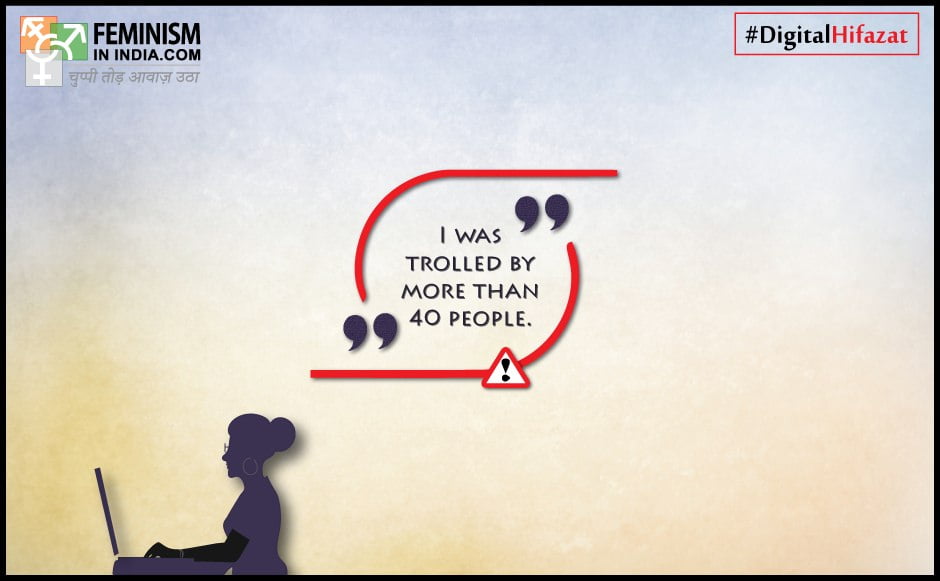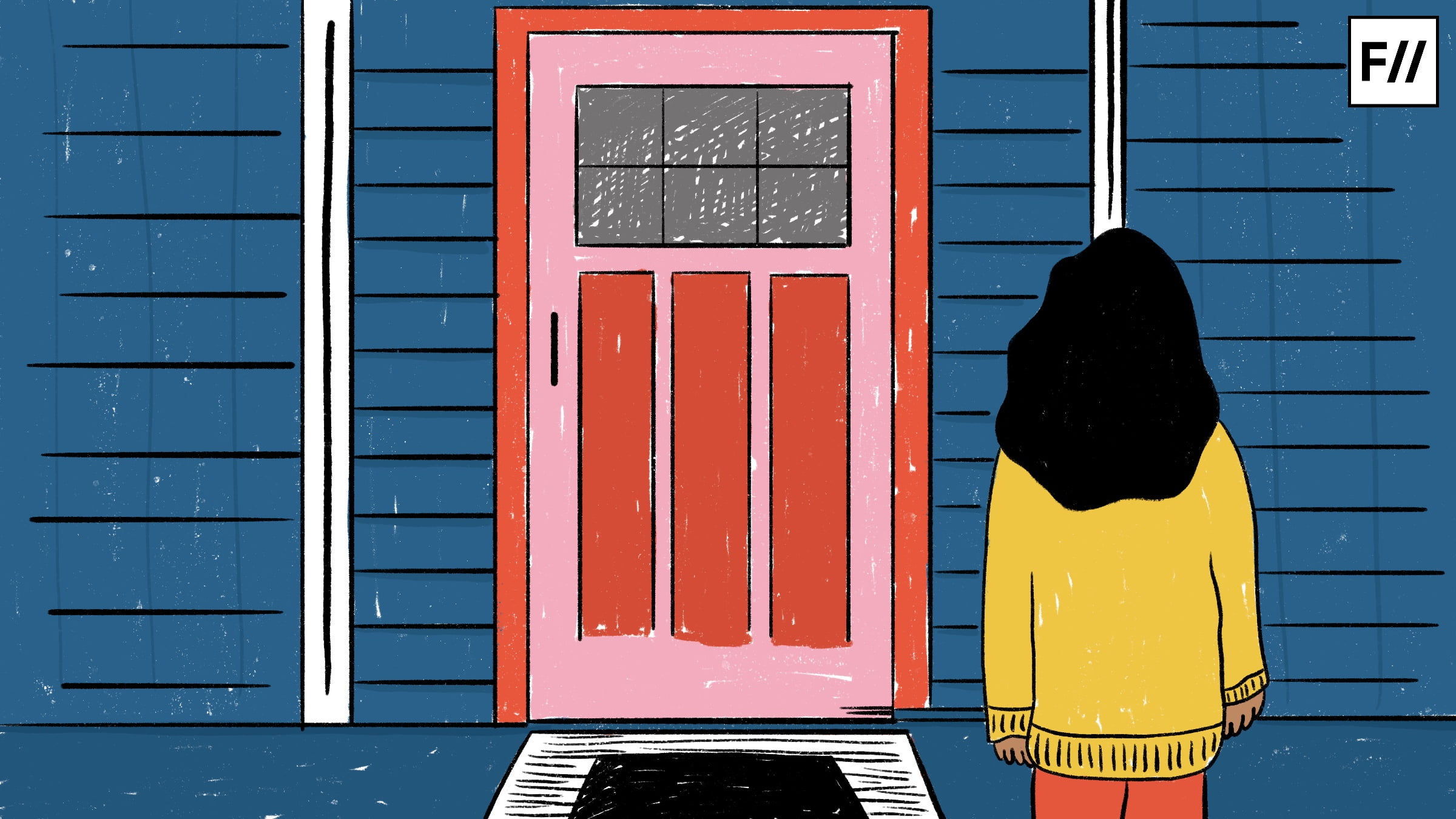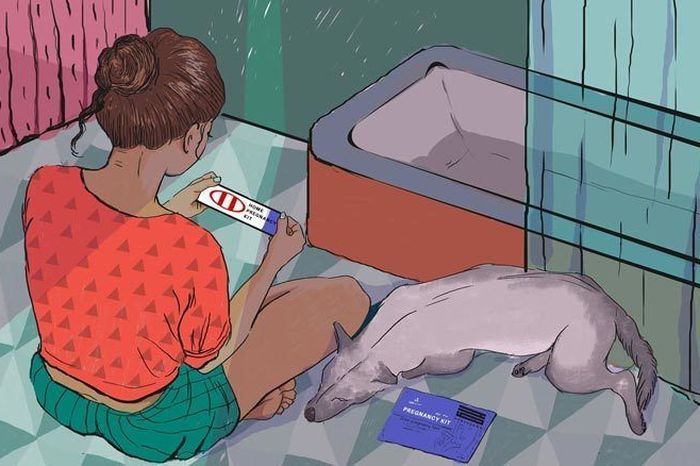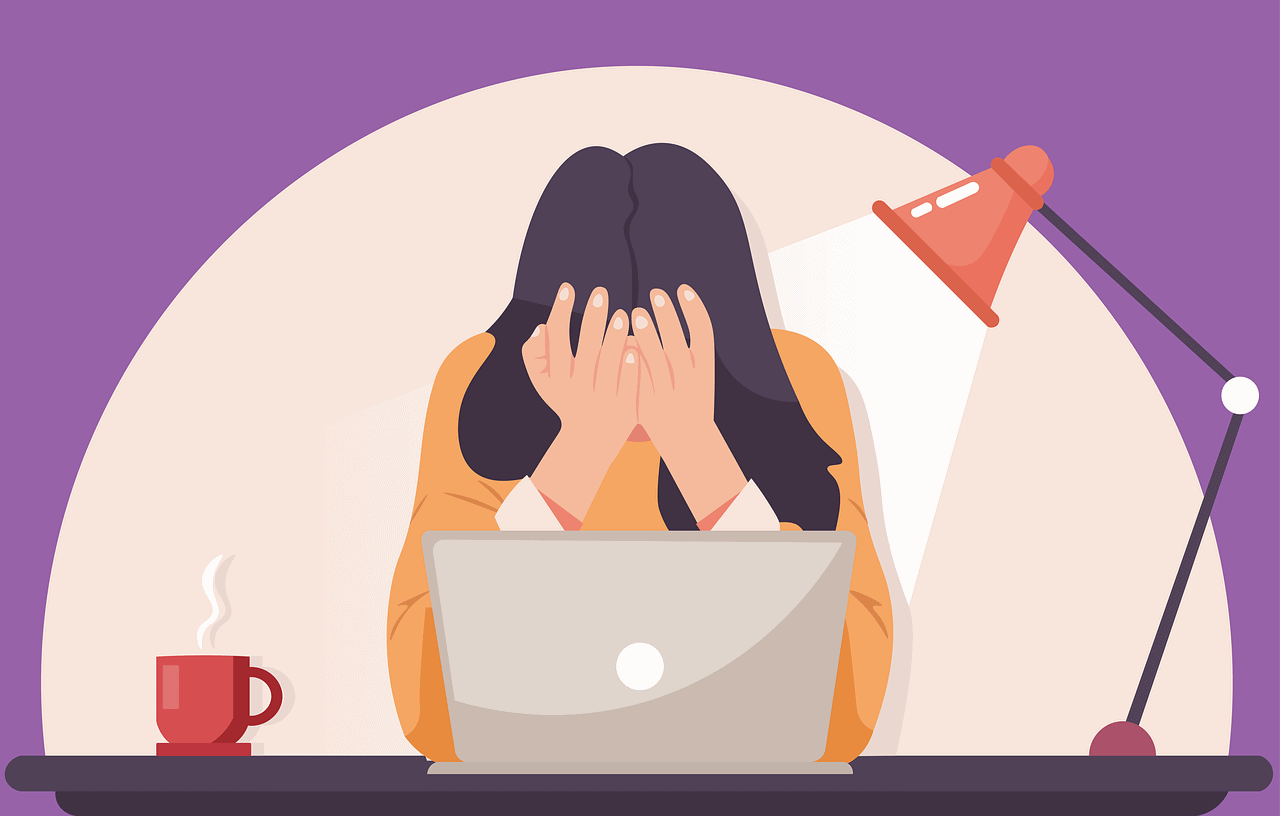One of the biggest paradoxes about our online lives is that they are somehow not seen as real as our in-person lives. Perhaps that was true when the Internet was starting out but now over 34% of the Indian population is estimated to have access to the Internet, a higher number than users in the United States and second only to China. The Internet is here to stay and as with the rest of the world, is not a neutral space. At its start, it was hailed as an agnostic platform, one that would provide equal and equitable access and opportunities across countries and gender and beliefs. Cut to 2016 and we know this is not true. The Internet is gendered, the news and articles we read are often tailored based on our preferences and biases. The Internet reflects back what we put out there and thus it is no surprise that it is a thriving swamp of misogyny.
The Internet allows people to be simultaneously anonymous while revealing themselves. Online harassers know they can choose to hide behind pseudonyms or speak freely under their actual names: this impunity comes from the comfort of knowing that the consequences are minimal. How else can you explain the rape and death threats, the sharing of addresses and phone numbers? FII‘s recent report “Violence” Online in India: Cybercrimes Against Women & Minorities on Social Media” shares the experiences of users who have been cyber bullied. Many of these are women who were subject to horrific online abuse for expressing opinions that someone else did not approve of. This is true of most women’s experiences online – they are routinely threatened and bullied. There is also an increasing communal and anti-feminist nature to this backlash.
This abuse is compounded by an ill-equipped and skeletal legal system – the police are reluctant to file reports and complaints. This reluctance stems from a lack of understanding of cyber crimes, cultural and societal biases, a deep-rooted belief that not much can be done against the harassers. These biases include the perspective that it is somehow the victim’s fault for being present online, that it isn’t a crime since the harasser and the victim are not face-to-face. They do not understand how real and significant a problem this is, and this discounting has a further adverse effect on victims’ mental health.
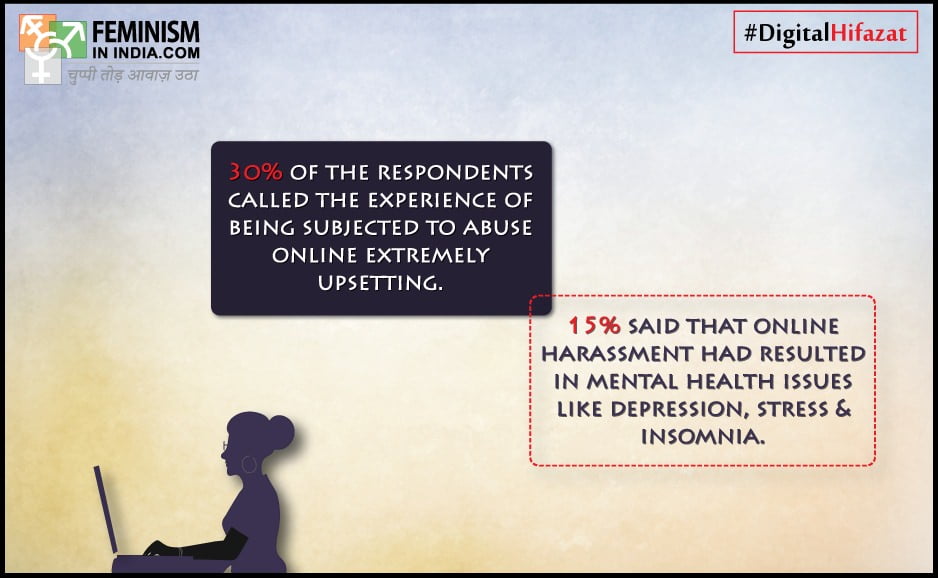
Stats from FII’s research report
Most people who are harassed online don’t even try to seek legal recourse – they choose to block the abuser(s) or they go offline. Knowing that the law does not have your back further worsens the impact of cyber bullying. One of the most frustrating responses victims of cyberbullying hear is: why don’t you switch off the Internet/social media problem and then the problem is solved.
The problem is not solved. This response is the equivalent of asking women to not go outside their houses at night so they do not get raped. Instead of fixing the problem, instead of tackling the assaulters, you have found a way to pin blame on the victim. This is not an option – curtailing the online lives of women is yet another way misogyny and patriarchy win.
Online harassment and bullying have a negative impact on self-esteem, they cause people to doubt their opinions as well as self-worth – both mentally and physically. For young adults, cyber bullying can and does lead to self-harm, isolation and suicide. As harassment escalates, it impacts people’s ability to work effectively, to feel safe. When cyber bullying involves sharing addresses and phone numbers, it rightfully makes people fearful for their lives. Doxxing is a frightening possibility for most people with online lives – this is where harassers and bullies find and share your personal information online, leaving people vulnerable at their homes and work spaces – this website lists some of the recent prominent cases of doxxing, while this one offers some helpful tips on safeguarding your life online.
Women are routinely threatened with sexual harassment online. This is not normal but it has been normalized. Imagine if someone at your workplace walked around with a knife saying, “I am going to kill you, I am going to kill you“. Would that be acceptable? No! But somehow the equivalent behavior online is treated lightly, dismissed. Harassment can and does cause people severe anxiety and panic – it prevents people from being able to lead a functional, happy and productive life. It adversely affects people’s mental health and quality of life. But somehow people are expected to look past all of the abuse and threats and function without interruption.
Learning to live in this evolving world is challenging, where the Internet and online world is a new frontier and yet one that is somehow, yet again, built on the foundations of misogyny. Remember, you are not alone. A majority of women face harassment online and harassers rely on silencing their victims to continue to do this.
- Stay aware and ahead of privacy settings on ALL your social media accounts
- Change passwords (don’t share passwords and if you have definitely change passwords)
- Do regular searches to find what information about you is out there online, see if you can ask for any of it to be taken down
- Do whatever you need to do to be and feel safe, physically and emotionally – if this means going off the online grid, so be it.
- If you can, report the incident (for example to the social media website, to the police, to any regulatory body)
- Share it with others so they know about the harassment and can also report the incident
- Talk to your friends, to your family, get professional help if you need it — it is natural to feel worried and fearful
Remind yourself that while online harassment is increasingly common it is not normal, and you do not deserve this. The blame solely lies with the harassers, no matter what they say about ‘being provoked’ or ‘just doing it for your benefit’. Online harassment is a crime and it deserves to be treated and dealt with as we would with any other crime.
